4 December 2024
In today’s world, where sustainability is no longer just a buzzword but a necessity, energy audits are becoming the unsung heroes of efficient and eco-friendly housing. Ever wondered why your energy bills spike unexpectedly or what exactly is sucking up so much electricity in your home each month? That’s where energy audits come in.
Let’s dive into why this seemingly technical process holds the key to sustainable housing, how it works, and why it’s something every homeowner striving for sustainability should consider.

What Is an Energy Audit, Anyway?
Think of an energy audit as a health check-up for your home—but instead of a stethoscope, it involves specialized tools that measure energy use and loss. Essentially, an energy audit is an in-depth assessment of your home’s energy efficiency.A professional energy auditor evaluates how much energy your home consumes and identifies areas where energy is being wasted. From drafty windows to poorly insulated walls and outdated appliances guzzling electricity, an energy audit uncovers opportunities to make your home greener and more cost-efficient.
It’s like playing detective—only instead of solving a mystery, you’re solving how to trim down your energy bills and lower your carbon footprint. 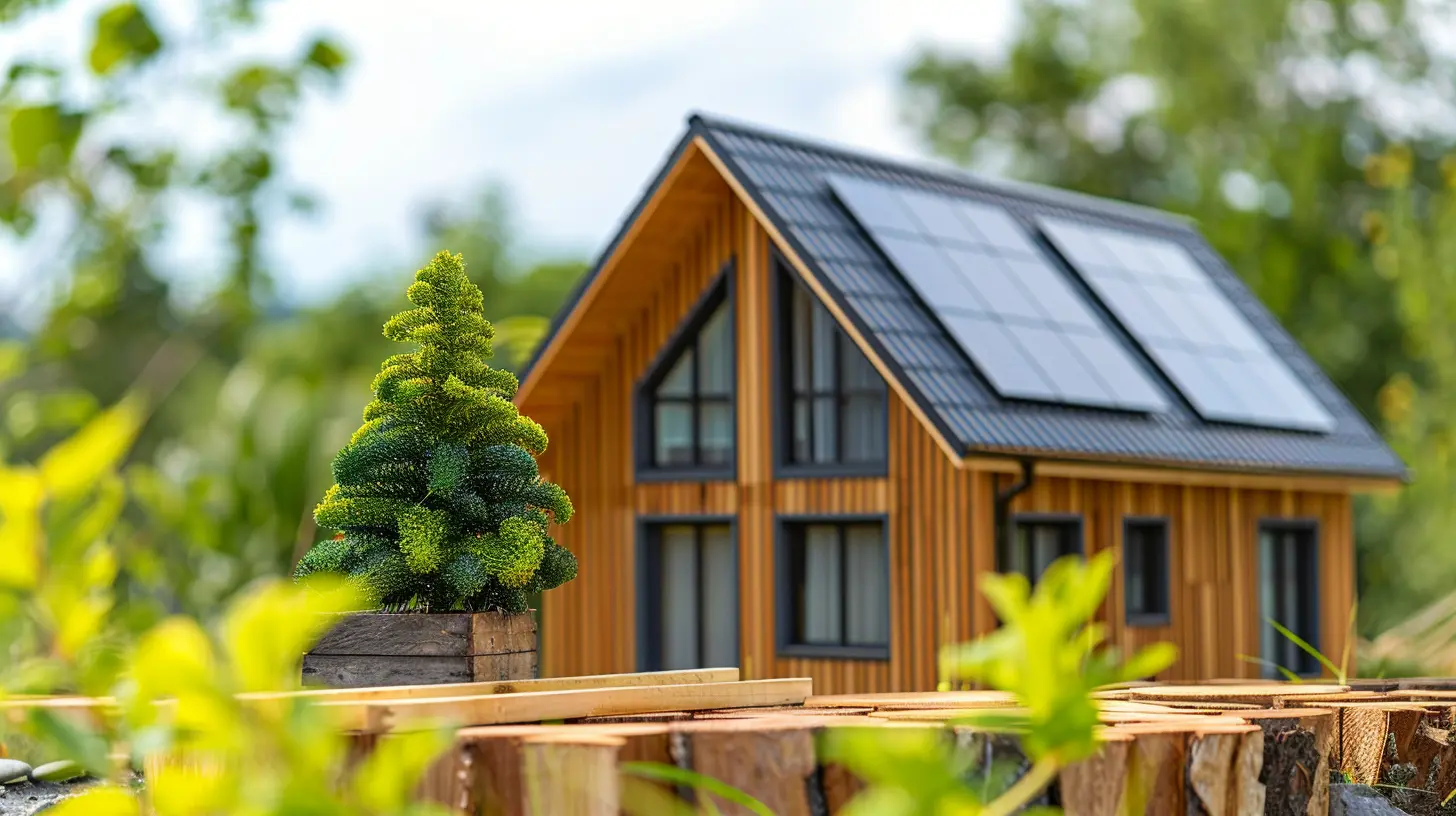
Why Are Energy Audits Essential for Sustainable Housing?
1. Reduce Wasted Energy
You wouldn’t leave the faucet running for no reason, right? The same logic applies to your home’s energy usage. Without an energy audit, you might unknowingly waste electricity or heat in ways you can’t even see—like air leaks around doors, inefficient HVAC systems, or even phantom power from devices left plugged in.Energy audits help you plug these gaps (literally and figuratively). When energy is used wisely, your home becomes far more sustainable. And let’s not kid ourselves—saving energy isn’t just about the environment. It’s also about keeping more money in your bank account!
2. Lower Energy Bills
Who wouldn’t want to save a few bucks on their monthly bills? One of the quickest wins from conducting an energy audit is seeing your utility costs drop. By identifying and addressing inefficiencies—like switching to energy-efficient lighting or sealing those sneaky drafts—you can cut your energy consumption and watch those savings roll in.It’s like finding out your car is running low on air in its tires. Fixing it is simple, but ignoring it just burns more gas (and cash!).
3. Boost Comfort at Home
Ever felt a draft wafting in through a window on a cold winter night? Or noticed that one room in your house that’s never quite the right temperature? Energy inefficiencies often lead to discomfort at home.An energy audit can pinpoint areas where insulation is lacking or where your HVAC system isn’t doing its job effectively. Fixing these issues creates a more comfortable living environment—one where every corner of your home feels cozy in winter and refreshingly cool in summer.
4. Increase Property Value
Here’s some food for thought: sustainable homes with high energy efficiency often boast higher property values. Why? More and more buyers are seeking green homes that keep energy costs low and help them live more responsibly.When you take steps like adding insulation, upgrading to energy-efficient windows, or installing solar panels (based on suggestions from an energy audit), you’re not just improving your home—you’re making it more marketable.
Think of energy upgrades as long-term investments. Just like a remodeled kitchen or a new roof, energy-efficient homes sell faster and often fetch better prices.
5. Reduce Your Carbon Footprint
Let’s face it—climate change is everyone’s problem. Our homes are some of the biggest culprits when it comes to energy consumption, and by extension, greenhouse gas emissions.An energy audit is the first step in shrinking your carbon footprint. You’ll know exactly how much energy your home is using, what’s being wasted, and, more importantly, how to fix it. Even small changes can make a big difference in reducing your home’s environmental impact.
Think of it like going on a diet, but for your home! Every energy-saving action you take gets you closer to a lighter, greener carbon footprint. 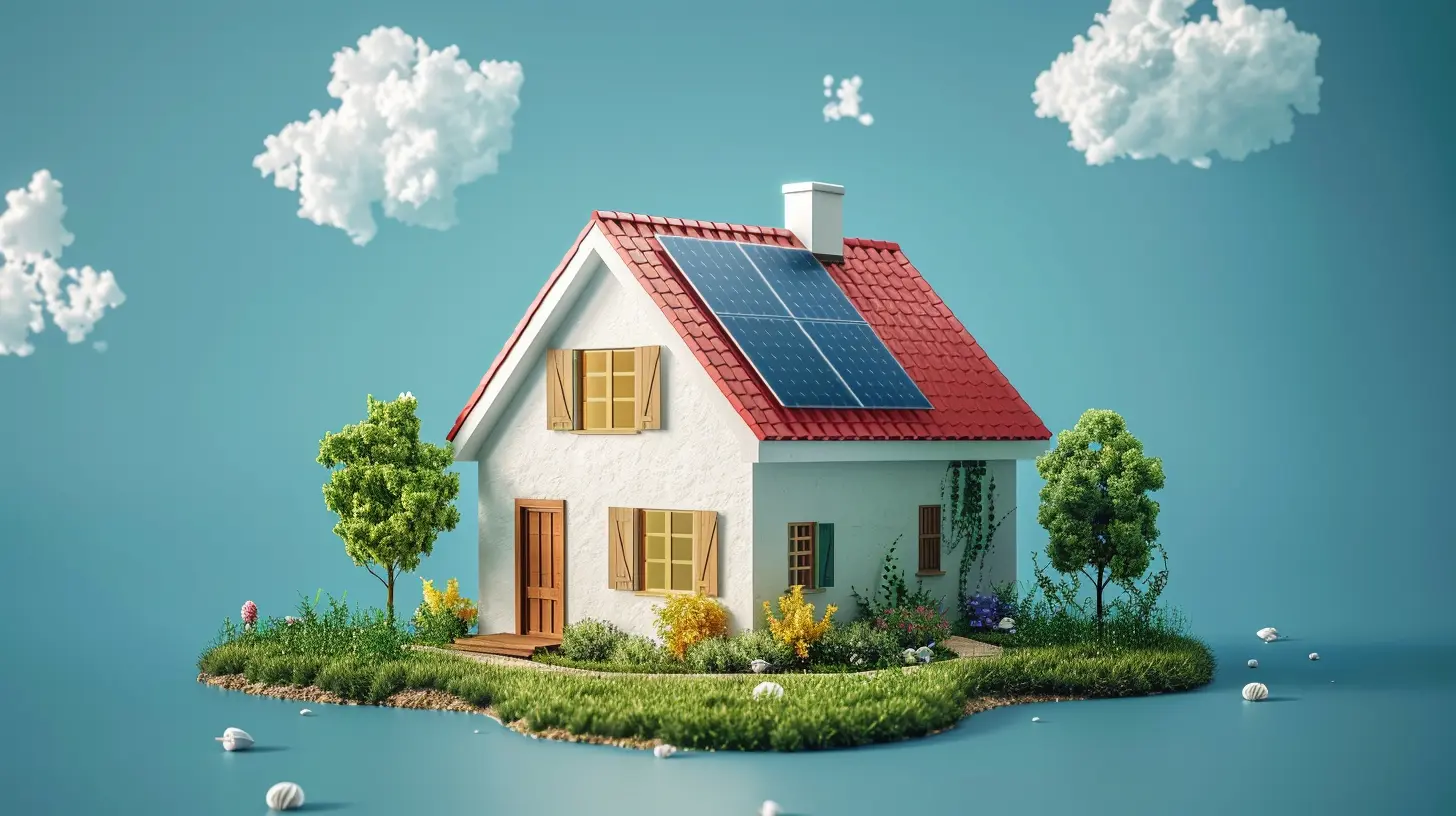
What Happens During an Energy Audit?
If you’re picturing a guy walking around your house with a clipboard, you’re only halfway right. Today’s energy audits are surprisingly high-tech. Here’s a quick rundown of what to expect:- Blower Door Test: This test measures how airtight your home is. The auditor sets up a giant fan on an exterior door and uses it to depressurize the house, then identifies where air leaks are happening.
- Thermal Imaging: Ever seen one of those infrared cameras that show heat zones? With thermal imaging, auditors can check where heat is escaping or seeping into your home in winter and summer.
- Inspection of Appliances and Systems: From your fridge to your water heater, the auditor evaluates how energy-intensive your appliances are.
- Lighting Assessment: They’ll also check what types of bulbs you use and recommend switching to energy-efficient alternatives like LEDs if needed.
It’s a fairly straightforward process, but the insights can be eye-opening. 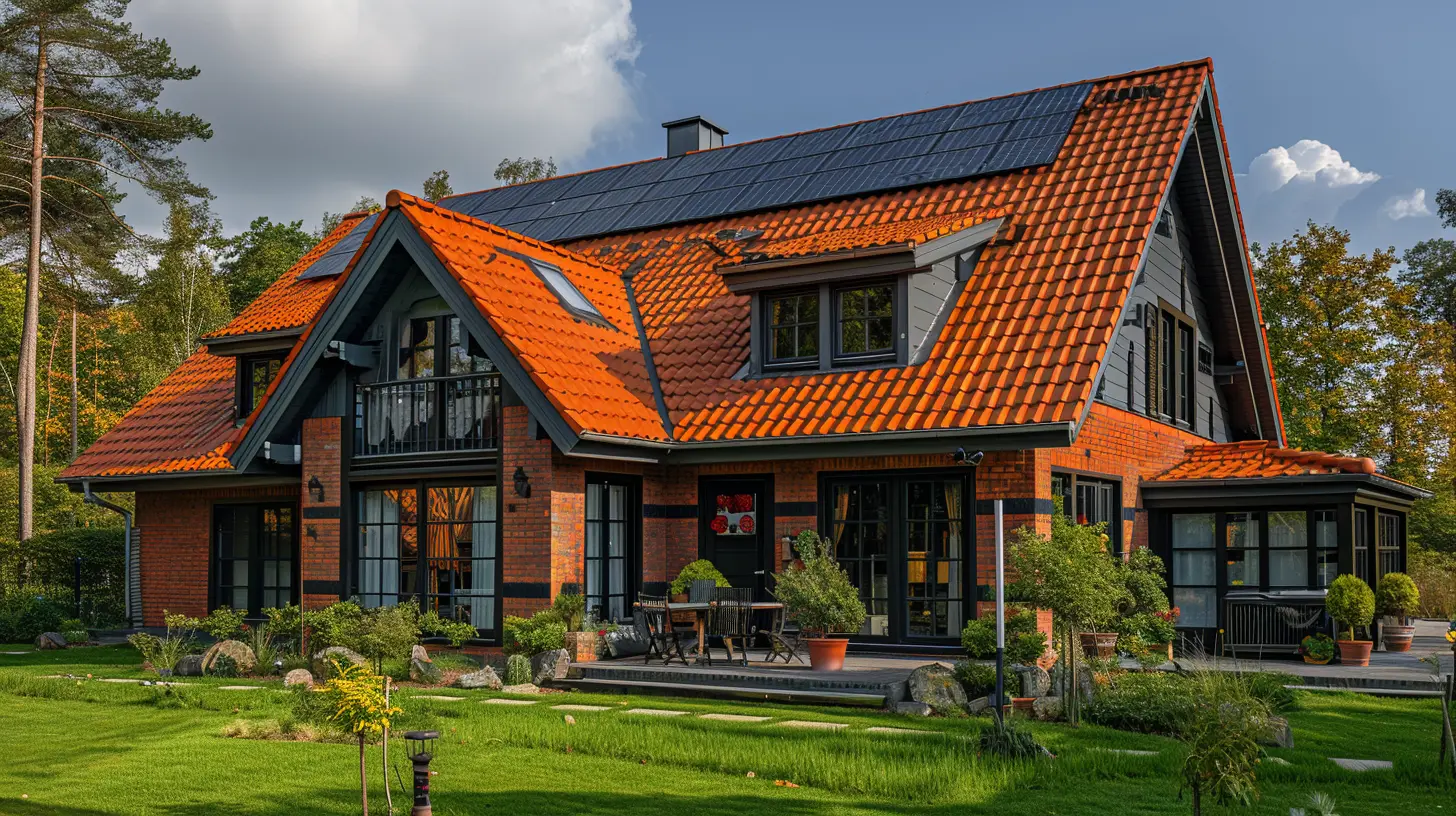
How Can You Act on Energy Audit Recommendations?
Here’s the good news: you don’t have to tackle everything in one go. Based on the recommendations you receive, you can prioritize upgrades based on what will make the most impact (or fits your budget).Here are some common suggestions you’re likely to receive:
1. Seal Air Leaks: Use weatherstripping or caulk to close gaps around windows, doors, and vents.
2. Improve Insulation: Think of insulation as your home’s sweater—it keeps the inside temperature stable, no matter the weather.
3. Upgrade Appliances: Appliances with an Energy Star rating are a no-brainer for saving electricity.
4. Install a Programmable Thermostat: These devices let you control your heating and cooling systems more efficiently.
5. Switch to Renewable Energy: Solar panels or wind turbines can help you generate your own clean energy, drastically reducing reliance on fossil fuels.
Each of these steps brings you closer to a truly sustainable home.
It’s Not Just for Homeowners
If you’re a renter, you’re not off the hook. While you might not be able to make structural changes, you can still benefit from an energy audit. For instance, you can ask your landlord to assess the property or make smaller renter-friendly changes like adding thermal curtains or using draft blockers.Sustainability is a team effort, and even small actions add up over time.
Wrapping It Up: The Big Picture
Energy audits might not be the sexiest thing in the world of real estate, but they’re undeniably powerful. They take the guesswork out of saving energy, help you lower your bills, and make your home more comfortable—all while reducing your environmental impact.In a world that’s increasingly moving toward sustainability, energy audits are less of a luxury and more of a necessity. Whether you're a homeowner looking to save money or reduce your carbon footprint—or both—this simple but effective process is a game-changer.
Remember: sustainable housing isn’t just about big, flashy changes. It’s about being smart with what you have and making informed choices for a better future.

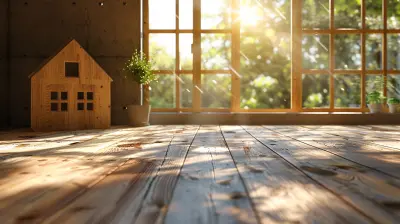




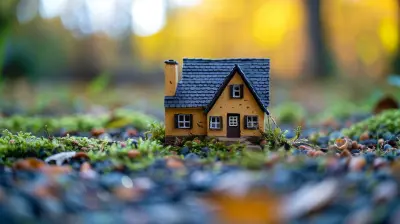





Jolene Mitchell
Energy audits are crucial for sustainable housing as they identify inefficiencies and promote better resource management. They not only reduce costs but also enhance comfort and contribute significantly to environmental preservation. Essential for informed decisions!
February 10, 2025 at 9:44 PM